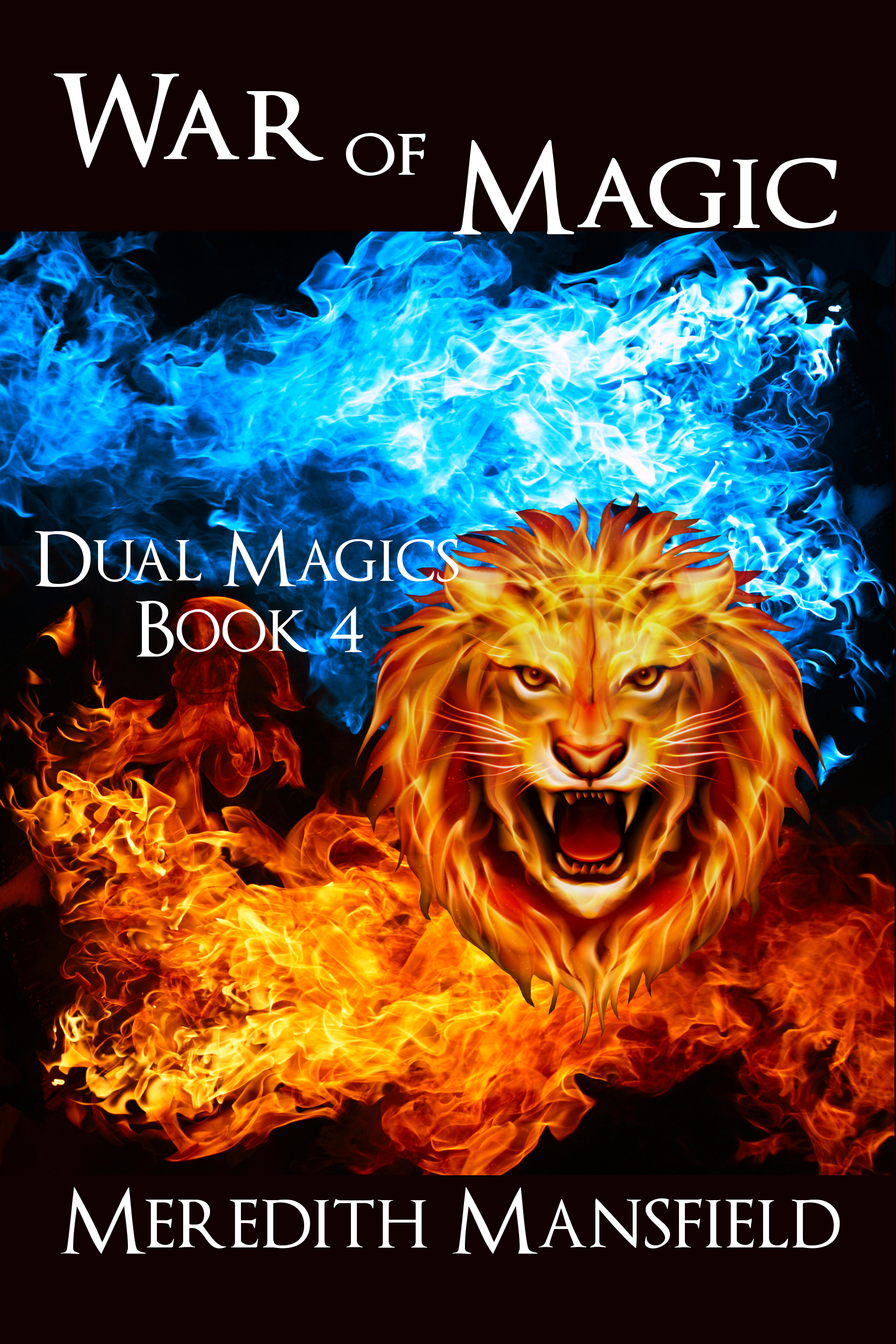This may not be applicable if everyone has magic. Then again . . . .
Is it something they’re born with? If so, is it strictly hereditary or is something else at play? For example, in J. K. Rowlings’s Harry Potter series, magical families seem to pretty reliably produce offspring with magic. But muggle-born witches and wizards, like Hermione or Harry’s mother, Lily, aren’t uncommon either.
Or, is magic something invested by some ritual or acquired or awakened in some other way? If so, is there a cost to gaining magical abilities? In Brandon Sanderson’s Mistborn series, magic users must “Snap” to awaken their latent magic. This requires an emotional or physical trauma, often a near-death experience. While, some of the nobles in Mistborn are ruthless enough to submit their children to a severe beating to try to make them “Snap”, even then, not everyone will. And, of course, the nobility have no monopoly on trauma; the farmer trampled by his own oxen or the convict beaten by the prison guards may “Snap” when a noble youth does not.
However, if the process needed to awaken the magic can be controlled—well, then you have the possibility of one group, the elites, monopolizing the process and excluding everyone else. And the question of what those others might do to create their own ritual so they could get magic of their own and use it against their overlords.
In my Arthurian story, there won’t be many humans who can do actual magic. Those few will have a natural gift, but . . . I don’t think I’m going to be able to—or want to—ignore those two springs at the base of Glastonbury Tor: the Red Spring (now called the Chalice Well) and the White Spring. And that tantalizing (possibly) maze-like path up to the tor. Yeah, there’s going to have to be some sort of initiation to improve access to natural magic.







